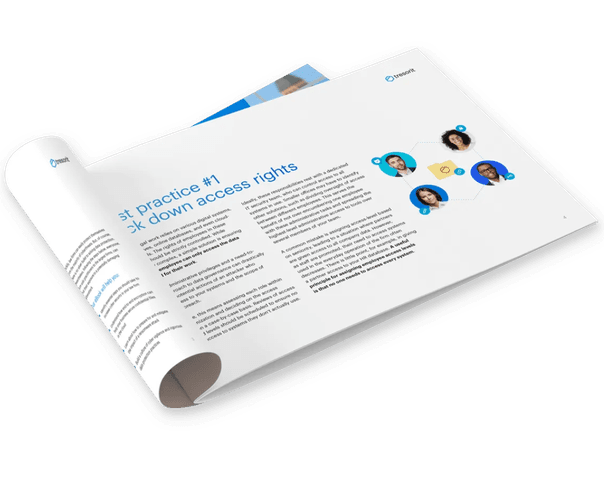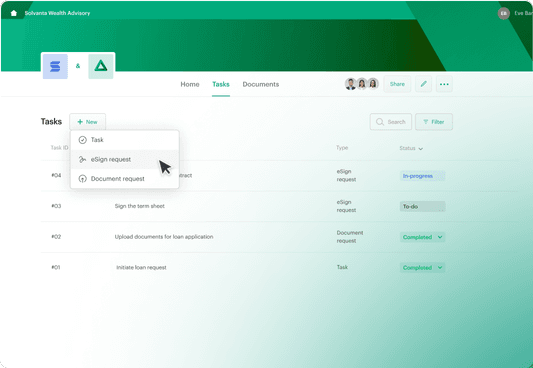Safeguard legal privilege with a secure cloud
Secure, organize, and archive your practice in the cloud with Tresorit. Collaborate with clients and colleagues safely while reducing cyber security risks.
Try for free![]() 14 days without limitations
14 days without limitations
Watch a demo![]() See Tresorit in action
See Tresorit in action

Trusted by 11,000+ organizations worldwide






Maintain legal professional privilege with secure file sharing for lawyers
- Replace insecure email attachments with Tresorit’s trusted end-to-end encrypted file sharing options.
- Collect confidential and sensitive files from clients with secure end-to-end encrypted file requests.
- Maintain control over documents when sharing outside your organization with download limits, expiration dates and password protection.
- Secure links can be accessed by recipients who do not have a Tresorit account without compromising on encryption.
But don’t just take our word for it
Take action now
Try for free![]() Start a 14-day free trial
Start a 14-day free trial
Watch a demo![]() See Tresorit in action
See Tresorit in action

Access case files securely wherever work takes you
- Work seamlessly across offices, in courthouses, and on the road without giving up on security.
- Upload and access your files with end-to-end encryption from any desktop or mobile device.
- Ideal as a private cloud for law firms – no IT expertise need to set up and maintain.
- On-premises equivalent security in the office and on the move with savings of up-to 80%.

Secure your work with encrypted storage and backup
- Manage your workflows securely with encrypted folders and enable need-to-know access to sensitive files.
- Automatically sync files, so your teams and partners can always access the latest versions.
- Back up your existing files and folders with end-to-end encryption in just a few clicks.
- Data residency options allow you to store files in your preferred region (such as the United Kingdom, Ireland, etc) based on jurisdiction-specific regulations.
Safeguarding legal privilege in the cloud

10 best practices to keep your law firm secure
This free eBook will help you:
- Identify essential steps you should take to increase cyber security in your law firm
- Understand how end-to-end encryption can help your business secure confidential files in the cloud
- Learn about how to prepare for and mitigate the impact of a ransomware attack
- Build a culture of cyber vigilance and rigorous data protection practices
Take action now
Try for free![]() Start a 14-day free trial
Start a 14-day free trial
Watch a demo![]() See Tresorit in action
See Tresorit in action




